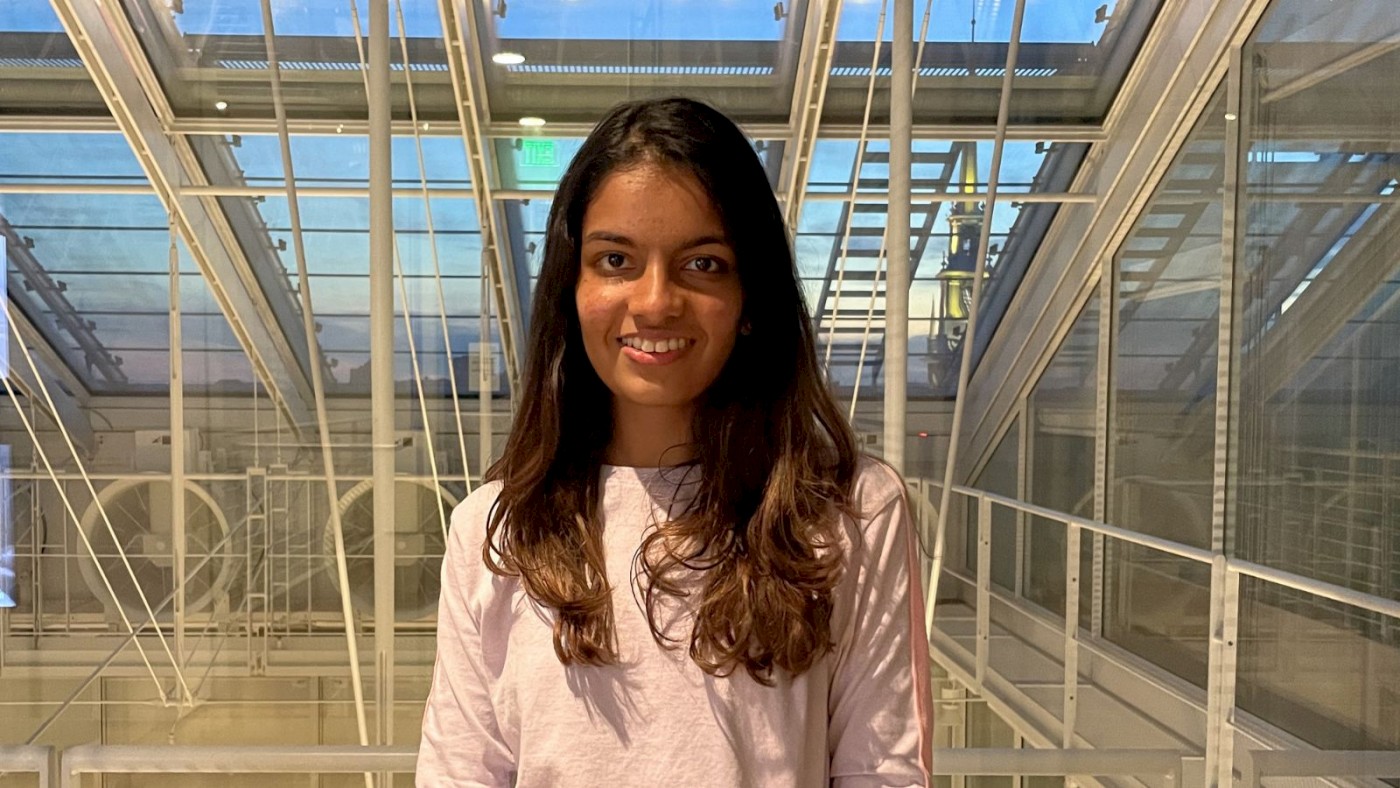
The advent of Fourier Neural Operators (FNOs) represents a remarkable innovation in the field of machine learning. As a mathematical tool, FNOs can learn mappings between infinite-dimensional spaces of functions and are discretisation-invariant. Freya Shah, a student of BS (Honours) at Ahmedabad University, who has been exploring FNOs, will get an interesting opportunity to carry forward her research on using FNOs for quantum applications after having received the Summer Undergraduate Research Fellowship (SURF) award at the California Institute of Technology (Caltech) for 2024. She will work on a Quantum Machine Learning project with Professor Anima Anandkumar, Bren Professor of Computing at California Institute of Technology.
Freya points out that FNOs demonstrate zero-shot super-resolution, that is, they can be trained on lower resolution and tested on higher resolution data with the same error rates. One of the key benefits of FNOs is their speed, which can be up to three orders of magnitude faster than traditional neural networks. Her project at Caltech is slated to employ FNOs on canonical spin systems like the Ising Model and the Heisenberg Model, which play substantive roles in various scientific applications, including quantum information theory, condensed matter physics, and quantum chemistry.
Quantum physics typically involves the simulation of problems that require large-dimensional spaces and intricate dynamics, demanding huge computational power. FNOs have the potential to be a promising tool for simulation in quantum physics and quantum information science due to their ability to perform evaluations at higher resolutions in spite of being trained at lower resolutions. Spin systems like Ising Model and Heisenberg Model act as test cases and provide a structured environment for the FNO to learn the dynamics.
Freya’s research at Caltech will also explore if FNOs can learn the underlying quantum dynamics of these structured spin systems to generalise across similar unseen problems. After her previous research experience at Harvard University and the University of Waterloo, the study of FNOs at Caltech would be her third exciting research endeavour.